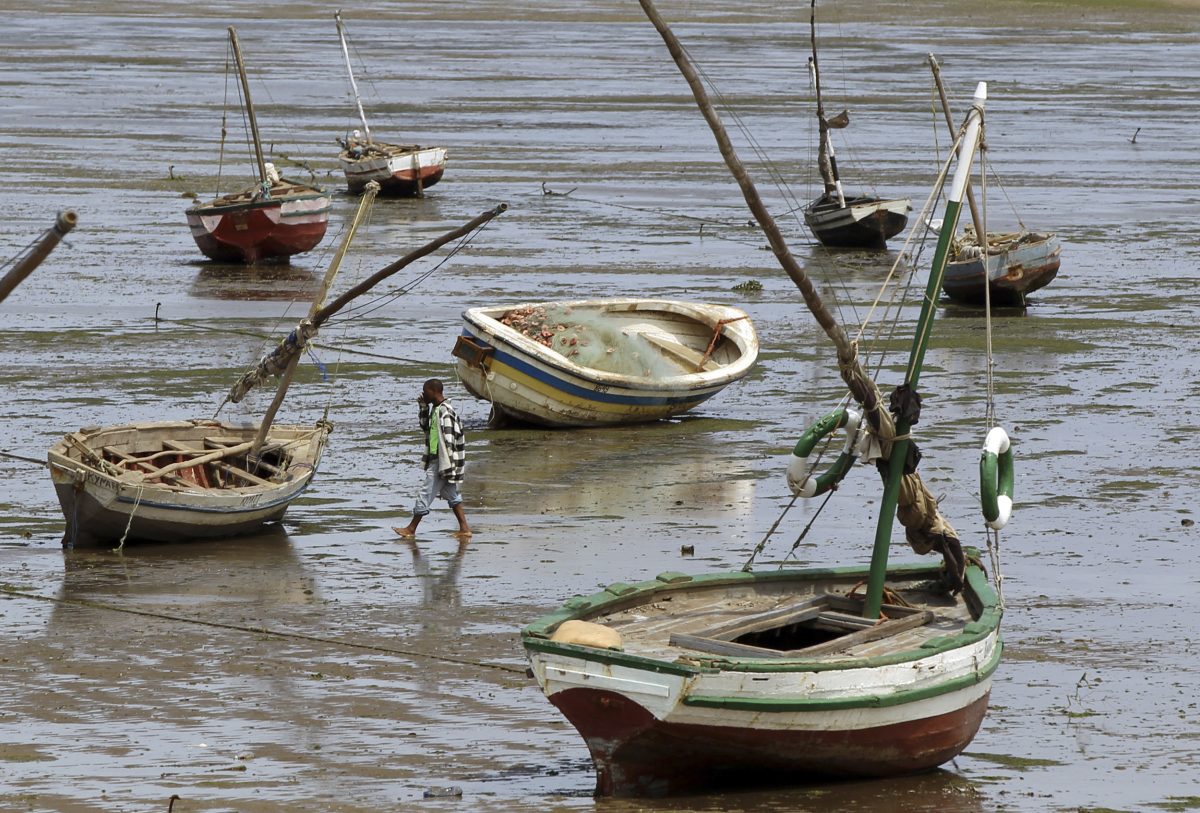LONDON, (Reuters) – Mozambique has substantially won its $3.1-billion lawsuit at London’s High Court against Emirati-Lebanese shipbuilder Privinvest for allegedly paying bribes in relation to the decade-old “tuna bond” scandal.
The African republic sued Privinvest and its now late owner Iskandar Safa, alleging they paid bribes to Mozambican officials and Credit Suisse bankers.
Judge Robin Knowles said today that he had ruled “substantially in favour” of Mozambique. In his written ruling, the judge said Mozambique is “entitled as against Mr Safa and the Privinvest companies” to payment of just over $825 million.
The trial centred on deals struck by state-owned companies with Privinvest for loans and bonds from banks including Credit Suisse in 2013 and 2014 for fishing boats and maritime security. Those projects were backed by undisclosed state guarantees.
But hundreds of millions of dollars went missing and, when the government debt came to light in 2016, donors such as the International Monetary Fund temporarily halted support, triggering a currency collapse, defaults and financial turmoil.
Mozambique’s case in London was brought against Credit Suisse, since taken over by UBS UBSG.S, three of the Swiss lender’s former employees – who had pleaded guilty in the United States – Privinvest, Safa and others.
The republic and Credit Suisse reached an 11th-hour settlement on the eve of the trial in October, prompting Mozambique to switch its focus to Privinvest.
Mozambique said more than $136 million was paid to secure favourable terms on three projects, including one designed to exploit the republic’s tuna-rich coastal waters.
Privinvest and Safa denied any wrongdoing and said any payments were lawful. Their lawyers argued the case was a politically-motivated attack to deflect blame from Mozambican President Filipe Nyusi and other senior officials.
Knowles also ruled that Mozambique is entitled to an indemnity in respect of payments of around $1.5 billion that it is liable to pay, including around $1.4 billion it is liable to pay to bondholders until 2031.







